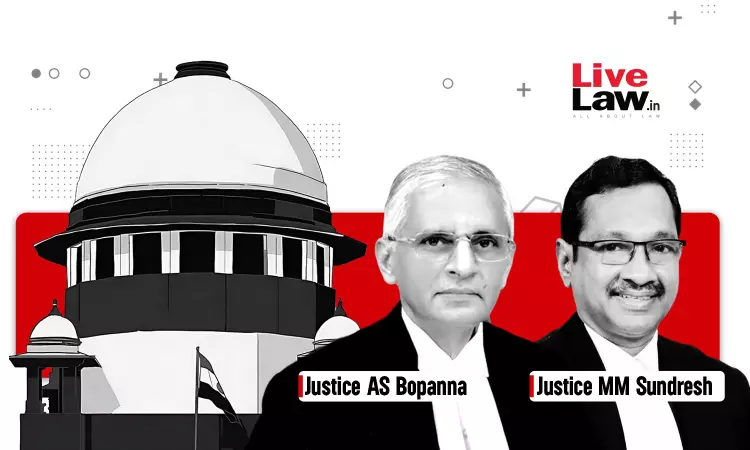The Supreme Court on Monday (March 4) held that once the person has availed the loan at the agreed rate of interest, then after paying out the loan amount along with the decided rate of interest, he can't claim back refund of the interest amount alleging that the higher rate of interest is charged by the Non-Banking Financial Company ("NBFCs") than fixed by the RBI.The Bench comprising...

